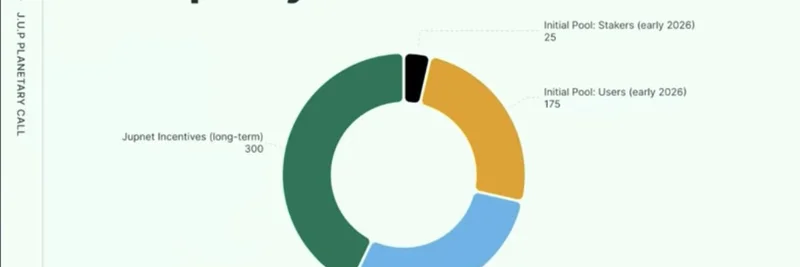In the fast-evolving world of blockchain and AI, Heurist AI is making waves with its latest announcement. The team behind the $HEU token shared a thread on X (formerly Twitter) highlighting a complete x402 integration sample using their Heurist Facilitator. This move is set to make it easier for developers to accept agentic crypto payments in their applications—with just a few lines of code.
For those new to the terms, agentic crypto payments refer to autonomous transactions handled by AI agents, often in decentralized environments. These agents can make decisions and execute payments without human intervention, which is huge for scalability in crypto apps. x402 is an innovative protocol that revives the long-dormant HTTP 402 status code—originally meant for "Payment Required"—to enable instant, blockchain-based payments for web resources and APIs. It's designed especially for AI-native applications, allowing seamless microtransactions over the web.
The thread, posted by @heurist_ai, showcases a practical example of this integration. Developers can now monetize their APIs effortlessly, starting with support on the Base network. Arbitrum and X Layer integrations are next on the roadmap, expanding accessibility across popular Layer 2 solutions.
Heurist AI positions itself as infrastructure that makes AI agents work effectively in crypto, backed by zero-knowledge (ZK) secured intelligence. Their native token, $HEU, powers the ecosystem, used for AI services, staking, governance, and even as gas for transactions. With a max supply of 1 billion tokens and attractive staking rewards (up to 50% APR base), $HEU is gaining traction among crypto enthusiasts, including those in the meme token space. While it's fundamentally an AI project, some community members view it as a meme coin due to its community-driven growth and viral potential.
The code for this integration is readily available on facilitator.heurist.xyz, where you can find sample server code for Express.js. Here's a quick look at how simple it is:
javascript
import express from "express";
import { paymentMiddleware } from "x402-express";
const app = express();
app.use(
paymentMiddleware(
"0xYourReceivingAddress",
{
"GET /api/paid": {
price: "$0.01",
network: "base",
config: { description: "Paid endpoint (USDC)" }
}
},
{ url: "https://facilitator.heurist.xyz" }
)
);
app.get("/api/paid", (req, res) => res.json({ ok: true, ts: Date.now() }));
app.listen(3000, () => console.log("http://localhost:3000"));
This snippet sets up a monetized route that requires a small USDC payment on Base. The Heurist Facilitator handles the heavy lifting—no API keys needed, and it includes features like OFAC compliance for sanctioned addresses and high-throughput for frequent requests.
The announcement has sparked positive reactions in the community. Replies highlight the clean UX and how it removes friction for agent builders. One user noted, "This is super clean! Accepting agentic crypto payments with just a few lines of code feels like magic." Others praised Heurist for being "two steps ahead," emphasizing its role as core infrastructure for AI in crypto.
For meme token projects, this could be a game-changer. Many meme coins thrive on community engagement and viral marketing, but integrating practical utilities like payment systems can boost their longevity. With Heurist's tools, meme token devs could easily add agentic features, such as automated rewards or paid community perks, potentially driving more adoption and value for tokens like $HEU.
As blockchain practitioners, keeping an eye on innovations like this is key. Heurist AI's focus on ZK-secured AI agents aligns with the broader trend of merging AI and crypto, opening doors for more sophisticated DeFi applications. If you're building in this space, head over to their docs to dive deeper into tokenomics and protocol details.
Stay tuned for updates as Arbitrum and X Layer go live—this could accelerate the agentic economy in ways we haven't seen yet.


